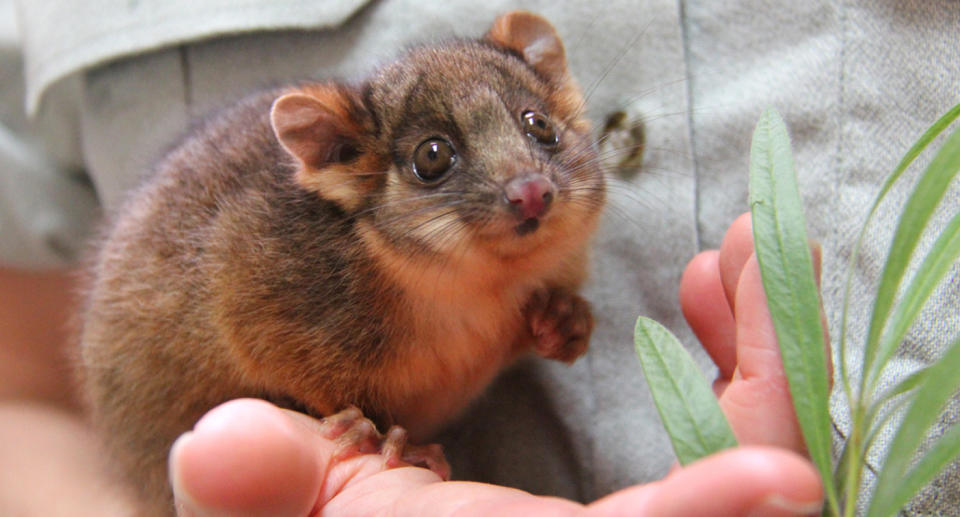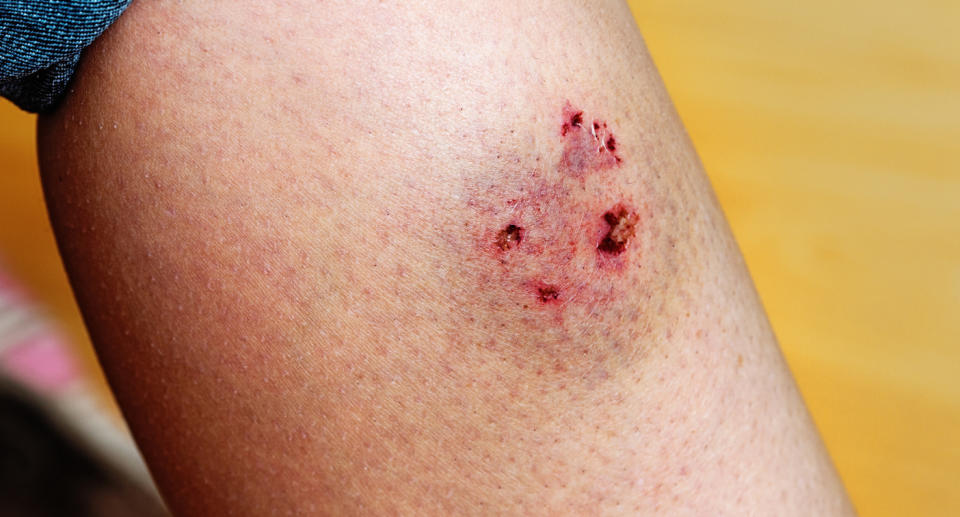Suspicious case of 'extremely contagious' disease emerges
A rare and highly contagious disease suspected of being caused by a wild animal has been detected in a NSW resident, sparking a serious warning from health authorities.
A woman, from a suburb in Northern Sydney, contracted a disease called tularaemia after being bitten and scratched by a ringtail possum in early March, NSW Health revealed on Wednesday.
She subsequently developed symptoms including swollen lymph glands, fatigue, and a sore throat, with testing confirming she had contracted tularaemia.
It is an extremely rare bacterial disease transmitted to humans from infected animals, but can not be transmitted from human-to-human, NSW Health's Acting Director of Communicable Diseases Keira Glasgow said.

Ms Glasgow said that while the disease was highly contagious, most people fully recovered with appropriate antibiotics.
She warned that the best way to prevent contracting tularaemia was to avoid touching or handling any wildlife.
Homeowner's frightening discovery as python inhales possum while hanging from roof
'Shredded': Call for rethink of barbed wire fencing after horrendous deaths
'It's devastating': Concern for threatened animal amid state's trapping plan
Symptoms of tularaemia include fever, chills, fatigue, body aches, headache and nausea, which appear within two weeks of exposure to the bacteria, according to NSW Health.
People exposed to the bacteria through bites and scratches to their skin will also develop an ulcer at the wound site.
Only two cases have been reported in people in Australia previously, with both bitten or scratched by possums in Tasmania in 2011.

The type of bacteria present in Australia is less virulent than the type seen in North America, and there have been no deaths associated with the disease in Australia.
“If you see sick or injured wildlife, do not pick it up or try to rescue it. Instead, contact the experts at your local licensed wildlife care group or local veterinarian,” Ms Glasgow said.
“If you have become unwell with these symptoms after recently touching a possum, especially if you were bitten or scratched, it is important to seek medical treatment early.”
Tularaemia can affect animals including rabbits, hares, rodents and wildlife, but in Australia has only been detected in two possums which died in separate clusters in 2002 and 2003.
Do you have a story tip? Email: newsroomau@yahoonews.com.
You can also follow us on Facebook, Instagram and Twitter and download the Yahoo News app from the App Store or Google Play.



